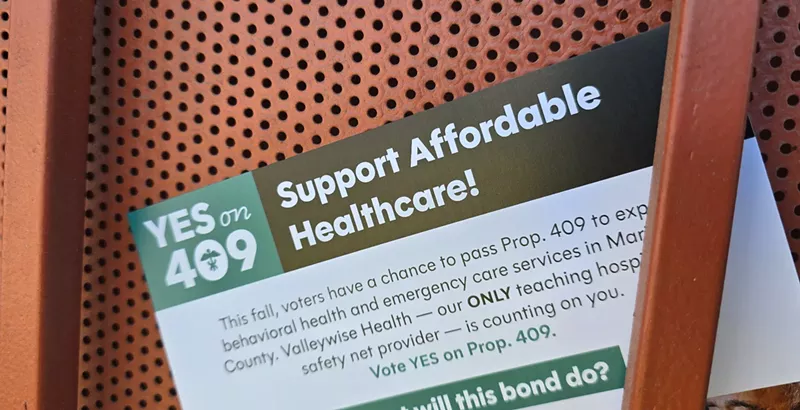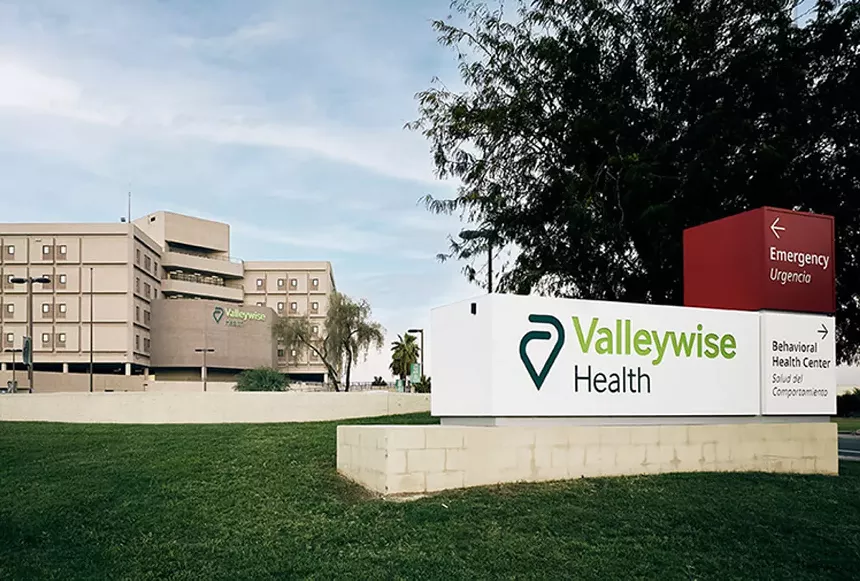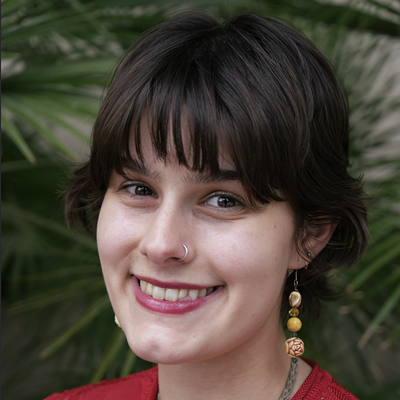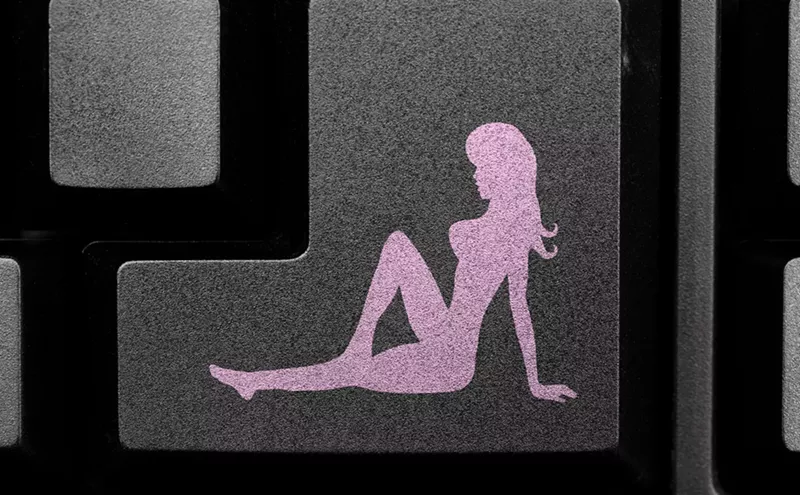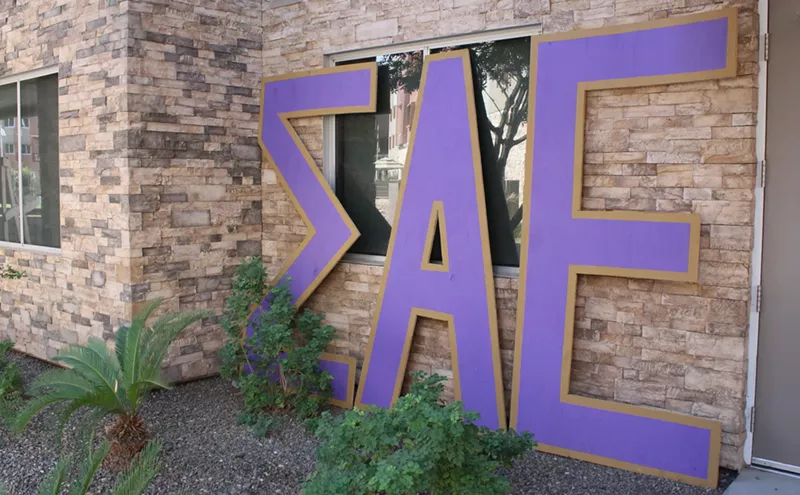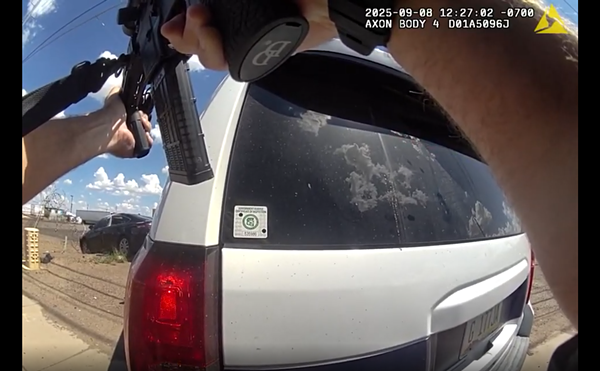The number refers to Proposition 409, a ballot measure that will go before Maricopa County voters starting on Oct. 8, when mail ballots arrive for the county’s off-year election. If you’re curious about it — and you should be! — Phoenix New Times has this guide for you.
What is Prop. 409?
Prop. 409 is a bond proposition that, if passed, would authorize the county to use property taxes to obtain $898 million in bonds for Valleywise Health, the county-owned hospital chain. Valleywise, which is Phoenix’s largest provider of inpatient behavioral health care, plans to use the money to upgrade current facilities and build new ones.A bond proposition asks voters if the government should be allowed to borrow money to pay for big public projects. This allows large expensive projects to happen without sudden tax increases. Like a loan, it is a temporary allotment of money that the government uses up front by selling bonds to investors and repaying them over time through property taxes.
What is Valleywise Health?
The history of Valleywise goes back to a facility created by the county in 1877. Now, Valleywise is Maricopa County’s largest public teaching hospital, with 15 locations across the Valley. It serves roughly 3,000 healthcare students in more than 70 disciplines. It is also the state’s first Level I Trauma and Burn Center as well as the county’s first HIV/AIDS clinic. Valleywise is the sole provider of court-ordered mental health evaluations for over 10,000 people each year in Maricopa County.Compared to many private hospitals in the Valley, though, Valleywise’s buildings are in poor shape.
“Getting help is a desperate struggle,” Edgar Quintana, a Phoenix behavioral health provider, wrote to Phoenix New Times. “That struggle is made worse when the only place to turn for court-ordered care is a crumbling, 50-year-old building. It’s undignified, unsafe and unacceptable. We must do better.”
What would Prop. 409 pay for?
If approved, the bond initiative would allow Valleywise to expand its behavioral health services and double inpatient and observation capacity. Other major improvements include building a new 200-bed behavioral health hospital to replace the crumbling main facility on Roosevelt, which dates to the 1970s.“This is more than a building; it's a statement that we as a community value mental well-being and believe in providing compassionate care to those who need it most,” Quintana said.
More specifically, Prop. 409 would allow the hospital system to:
- Build a new Roosevelt behavioral health hospital
- Expand emergency services at the main hospital
- Expand pediatric and primary care
- Build a new outpatient specialty center on the main campus
- Replace the South Central and Chandler community health centers
- Enhance physician training programs
- Improve and increase services for the growing need for court-ordered mental health evaluations and treatment
- Increase access in neighborhoods
What will Prop. 409 cost me?
If you don’t own property in Maricopa County, nothing. If you do, it’ll mean a small increase to your property taxes.The measure would increase property taxes by 11 cents per $100 of net assessed limited property value. If your home is assessed at $200,000, you would then face an extra $22 in property taxes a year.
The average residential homeowner is expected to see a property tax increase of $29 per year, while the average commercial property owner would see an increase of $295.
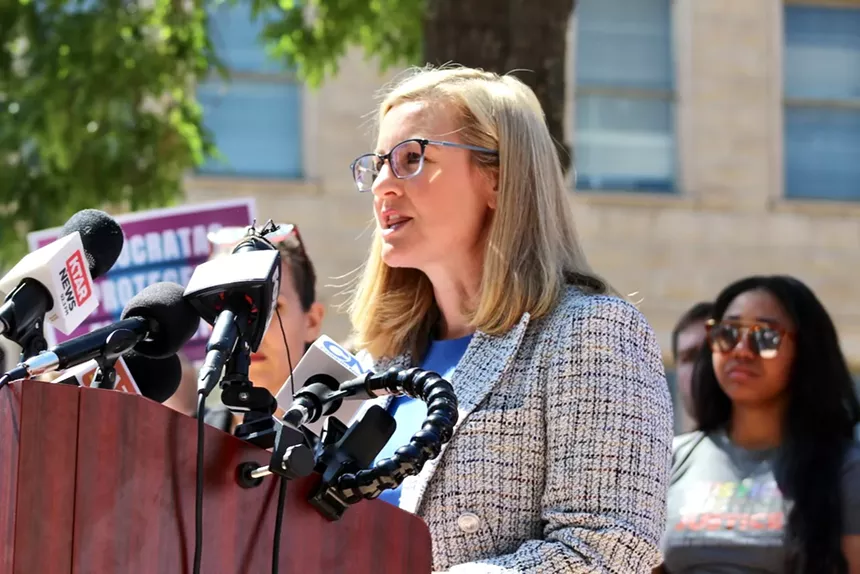
Phoenix Mayor Kate Gallego is one of several officials who supports the passage of Prop. 409.
TJ L'Heureux
Who supports Prop. 409?
The initiative was unanimously placed on the ballot by the County Special Health Care District Board of Directors in April. Each board member represents one of the five districts of Maricopa County and is elected for four-year terms.The Arizona Public Health Association and the Maricopa County Medical Society have already endorsed the measure, urging that the issue is nonpartisan with benefits for anyone residing in the community. It’s also supported by a host of officials from both sides of the aisle, including former Arizona governors Jan Brewer and Doug Ducey, Sens. Ruben Gallego and Mark Kelly, Arizona Attorney General Kris Mayes, Phoenix Mayor Kate Gallego, Reps. Greg Stanton and Yassamin Ansari, Maricopa County Attorney Rachel Mitchell and Maricopa County Sheriff Jerry Sheridan.
The informational pamphlet for Prop. 409 contains no statements in opposition to the measure.
When is my Maricopa County ballot due?
Here are the dates you need to know:Oct. 6 – The last day to register to vote in the 2025 county election
Oct. 8 – Ballots will be mailed out and early voting begins
Oct. 24 – The last day to request a ballot by mail
Oct. 28 – The last day to mail back your ballot, though you can still place it in a drop box
Nov. 4 – Election day, ballots are counted

